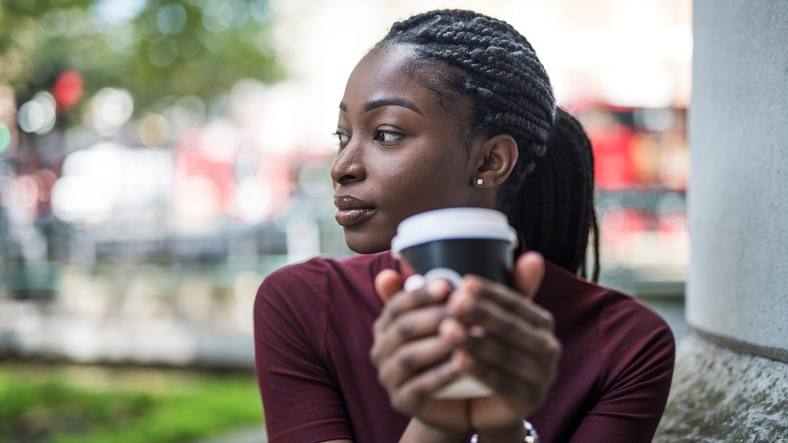
DEAR MAYO CLINIC: I am due to get my second dose of COVID-19 vaccine in a few weeks. I understand this is an important step for me and my community, but I'm unsure what guidelines I should follow. Some of my friends are traveling, and they seem to have thrown all caution to the wind. What can I expect after being vaccinated for COVID-19, both physically and when in public?
ANSWER: It is completely normal to have many questions concerning steps to take after being vaccinated for COVID-19. And each person may have a different response to being vaccinated for COVID-19.
Here are answers to the most common questions patients ask regarding being vaccinated for COVID-19:
How long will the COVID-19 vaccination be effective?
It's not yet known how long any COVID-19 vaccine will last in terms of protecting people from COVID-19. Protection is believed to last at least three months. It's probably longer, but these studies are ongoing, and this question eventually will be answered.
How long does it take to build up immunity to COVID-19 after being vaccinated for COVID-19?
After you finish your COVID-19 vaccination series, whether it's the two-dose series or the single dose, you need to wait approximately two weeks to get the full benefit of the COVID-19 vaccine. Even then, COVID-19 is still circulating in the community, so it is important to remember there is not widespread immunity yet. Therefore, you still need to wear a mask and practice social distancing. It's also important to maintain good hand hygiene.
What are the potential side effects of being vaccinated for COVID-19?
Like other vaccines, a COVID-19 vaccine can cause mild side effects after the first or second dose, including:
- Pain, redness or swelling where the shot was given.
- Fever.
- Fatigue.
- Headache.
- Muscle pain.
- Chills.
- Joint pain.
- Nausea and vomiting.
- Feeling unwell.
- Swollen lymph nodes.
You're encouraged to seek medical attention if you have any issues or concerns that do not subside 72 hours or more after being vaccinated for COVID-19.
As far as what to do after you have had the vaccine, it is still important to practice social distancing while in public and follow any local, state, or federal mask guidelines. Be mindful of people around you who might not have been able to obtain a vaccine.
You can't control all risks, and no COVID-19 vaccine is 100% effective. As COVID-19 still is circulating in the community, it is important to remember there is not complete and widespread immunity. So you should be aware of and take appropriate precautions.
After more than year of enduring the global COVID-19 pandemic, actions are being taken toward returning to normal activities. It is still important if you have not been fully vaccinated for COVID-19 that you consider taking these steps:
- Wear a well-fitted mask.
- Stay at least 6 feet apart from people you do not live with.
- Avoid medium and large in-person gatherings.
- Get tested if experiencing COVID-19 symptoms.
- Follow guidance issued by employers and governments.
- Follow Centers for Disease Control and Prevention and health department travel requirements and recommendations.
While people who are fully vaccinated for COVID-19 have a very small risk of transmitting the virus to somebody else, no situation is without risk. — Compiled by Mayo Clinic Staff
____________________________________________
Information in this post was accurate at the time of its posting. Due to the fluid nature of the COVID-19 pandemic, scientific understanding, along with guidelines and recommendations, may have changed since the original publication date.
For more information and all your COVID-19 coverage, go to the Mayo Clinic News Network and mayoclinic.org.
Learn more about tracking COVID-19 and COVID-19 trends.








